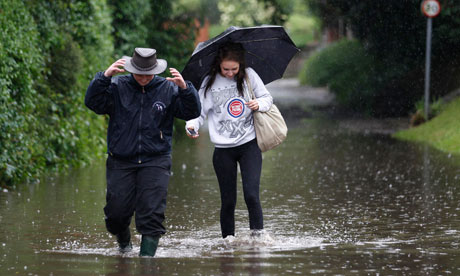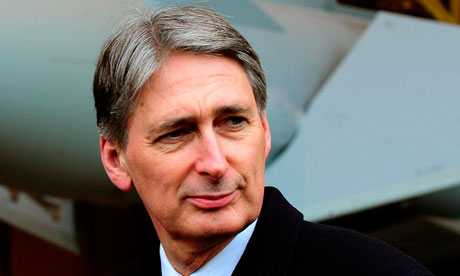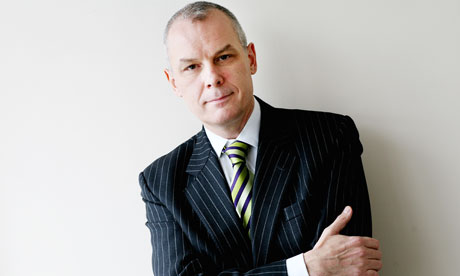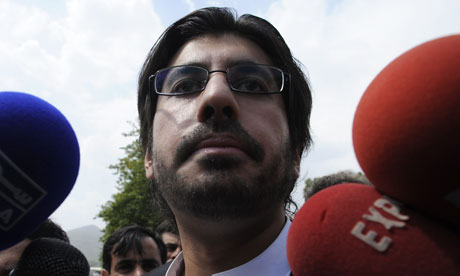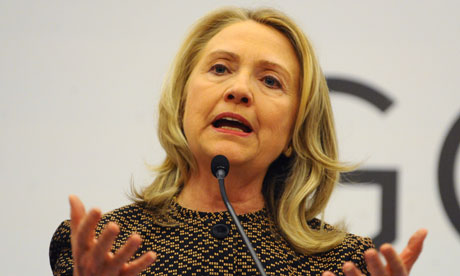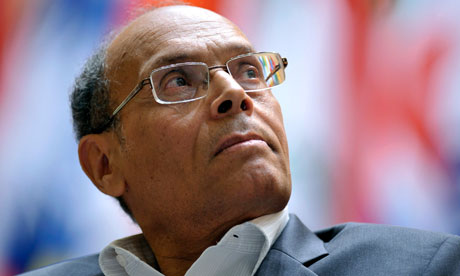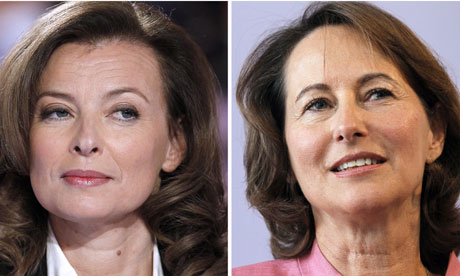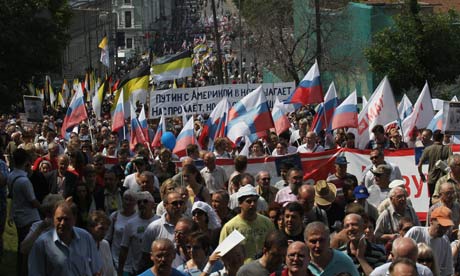
The Scream - it's all we can to prepare for eurozone meltdown
The Chancellor and No 10 seem powerless to act, while many Tories call for bolder measures
A British explorer on a round-the-world expedition described this week how a raging tropical storm left her trapped in the cramped cabin of her battered rowing boat, water seeping through the door, while waves smashed her equipment and rolled her over and over. Sarah Outen scrawled the words “breathe” and “smile” on her hands to help her fight off panic. Eventually she sent out an SOS, and sailors from the Japanese coastguard flew deep into the Pacific to pluck her to safety.
A British explorer on a round-the-world expedition described this week how a raging tropical storm left her trapped in the cramped cabin of her battered rowing boat, water seeping through the door, while waves smashed her equipment and rolled her over and over. Sarah Outen scrawled the words “breathe” and “smile” on her hands to help her fight off panic. Eventually she sent out an SOS, and sailors from the Japanese coastguard flew deep into the Pacific to pluck her to safety.
I haven’t checked his hands lately, but George Osborne reminds me of that young sailor: the Chancellor’s adventure has been turned into a test of endurance. He is trapped by the economic crisis raging all around him, powerless, upended, clinging on while external forces batter Britain. The economy has sprung leaks and may yet sink. There is no one – least of all Japan – capable of answering a distress call.
Westminster is running out of analogies to describe the horror the Government is going through. Another way to illustrate the mood among ministers and officials confronted with the euro crisis and our teetering economy is to imitate Munch’s The Scream: hands to head, mouth opened in a howl of despair. Certainly behind the scenes the feeling of worry, bordering on fear, is palpable. The prospect of an economic cataclysm terrifies the upper reaches of the Government. In public it is all confident smiles, but in private they are dead scared. Politically, meanwhile, every assumption has been ground to ashes. Instead of recovery leading to re-election, all they can see ahead is stagnation and uncertainty. Is there anything they can do?
This question will shape politics between now and 2015. Mr Osborne says “yes, but not much”. Some of his Tory colleagues say – none too loudly – “frankly, no, we’re stuffed”. Others, though, say “yes, plenty” and accuse him of lily-livered timidity and worse. On Sunday, the Chancellor argued that the crisis in the eurozone is killing a recovery already struggling against the effect of rising oil prices and the legacy of debt left by Labour. What the British economy needs above all things, he said, is a resolution that brings certainty to the fate of the euro and its members. His argument carried force because it is self-evident. We are sufficiently entwined with the eurozone to make us dependent on its success, or lack of it. The majority view seems to be that Mr Osborne is right: whatever tinkering the Treasury can come up with – a tax tweak there, a regulatory change here – nothing will affect our prospects like an end to the uncertainty tearing apart the euro. Markets, companies, even governments, have put everything on hold while we wait. And wait.
But a policy of wait and see immediately invites questions. For a start it is too Micawberish, suggesting ministers are powerless and paralysed while they hope for something to turn up. Mr Osborne may be right about the overwhelming nature of the external crisis Britain faces, but it does not follow that there is nothing to be done. Nor is he suggesting that is the case. Tomorrow he will use his Mansion House speech to remind us of the scale of the challenge. He will also sketch out what more the Government can do while members of the eurozone argue among themselves. Next month will bring further announcements on credit easing, infrastructure spending, and housing investment. Those around Mr Osborne will tell you that action is possible in Europe itself: both he and David Cameron have been forthright in urging Angela Merkel and others to resolve their differences and address the crisis. They will do so again at this month’s crucial G20 meeting and then the all-important European Council. Britain may not be in the euro, but the Prime Minister and Chancellor want to be in the debate about its future. From Berlin, it must be said, the message is different: Mr Cameron’s refusal to endorse the new euro treaty before Christmas, and his withdrawal from the German-led EPP group in the European parliament, have marginalised Britain. The eurogroup is far more likely to consult Washington than London.
The Treasury is trying hard to resist the temptation to wish things would get worse. There are plenty on the Conservative side who are beginning to think that whatever the dangers, a sudden, cathartic moment which saw Greece or others ejected from the eurozone, or even a disorderly break-up of the single currency, would be better than the long-term damage done by years of stagnation. Better a short, sharp disaster now, than one that goes on and on. Mr Osborne understands too well the appeal of such a logic. “A total meltdown is a very risky thing to wish for,” one ally says. “Once you start to look at the implications, it’s quite terrifying.” It’s for that reason the Chancellor has decided – reluctantly – to urge the Europeans on towards some kind of fiscal union that might bring stability to the euro. “It may stick in the throat because we don’t really believe in it, but any hard-headed analysis tells you it’s the right thing to do.”
Among Conservatives, however, there is a growing number who say he can do even more. They want Mr Osborne to be more daring, and are growing increasingly vocal and public in their criticism. If things get worse – certainly if the euro breaks up – then all bets are off and Mr Osborne will be freed of the constraints of the Coalition. He will have permission to do things that he does not currently contemplate, including unfunded tax cuts and a radical paring-down of employment regulations. Privately, he recognises this may become necessary. Tory MPs speak of an emergency Budget acting as a defibrillator on a moribund economy, with tax cuts and a programme to pump credit straight to businesses, possibly through the state-owned RBS.
Months of omnishambles culminated in an unprecedented set of Budget U-turns that cost little financially but dented the Treasury’s credibility. Strip aside the hysteria and the Budget still achieved some vital work, cutting corporation tax and raising tax thresholds. No 10 admits that the Chancellor could have done more to prepare the ground for the “granny tax” (not least by pointing out it isn’t a tax).
Downing Street hopes now that it has at last found a degree of stability. It cleared the decks before the Jubilee, calculating that the weekend of festivities would act as a firebreak. Mr Cameron’s appearance before the Leveson Inquiry tomorrow, following Mr Osborne’s confident performance on Monday, will, they hope, cauterise that particular wound. Their internal polling claims to detect the beginnings of a recovery for Tory fortunes but from such a low base as to be negligible for now. More government announcements are planned through next month, building up to what they pray will be a successful Olympics that will give Mr Cameron some sort of summer bounce in time for his party conference.
In fact, what we are witnessing is a discreet relaunch, though this time they are smart enough not to utter the word. And boy are they are right not to. As I keep saying, there are plenty on their own side who want Mr Cameron and Mr Osborne to fail. Low-level threats are ever present – Ukip, fuel prices, cost of living – and then there’s their knack for incompetence, as witnessed by last night’s fumble over the EU referendum.
Meanwhile, out there, the storm still rages, pinning them down in their frail skiff. They are trying not to panic, remembering to breathe and smile, hoping for the best but planning for the worst.


